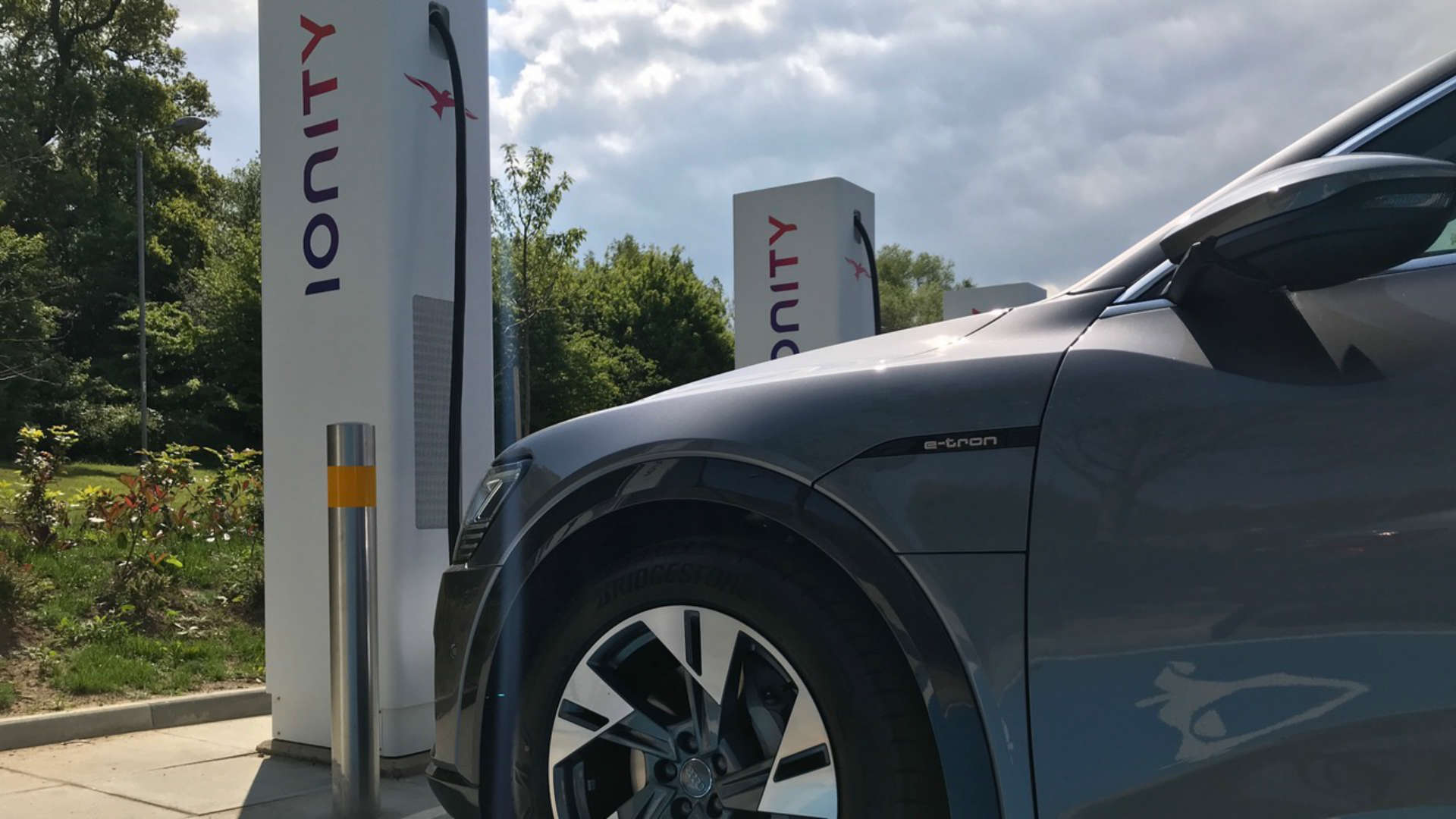- Joined
- Jun 24, 2008
- Messages
- 48,502
- Location
- London
- Car
- 2022 Hyundai IONIQ 5 RWD / 2016 Suzuki Vitara AWD
There's no "personally" in it, given the "current" pricing. The tariffs are out there for all to see. Public charging is much more expensive than home charging, for good reason: an extra 15% VAT and routine commercial operating costs.
So much so that it undermines the "economics" of first generation of hybrids, beyond that initial company car tax break.
It varies.
Home electricity currently costs around 17p per kWh, or 12p off peak (in some cases even 7p), so quite cheap.
In my area, I pay 24p to charge my EV on a slow charger (5.5kW). The cost rises with the charging speed, and peaks at 74p at an Ionity super-charger.
At 24p, my cost per mile is one quarter that of my petrol W204.
So it really depends on the charging speed. If you always use super charger and charge at top speed (which is not recommended for the battery, BTW), then you will pay roughly the same as an ICE car.
EDIT: don't fogert zero VED, and nearly no annual servicing costs, for EVs.




